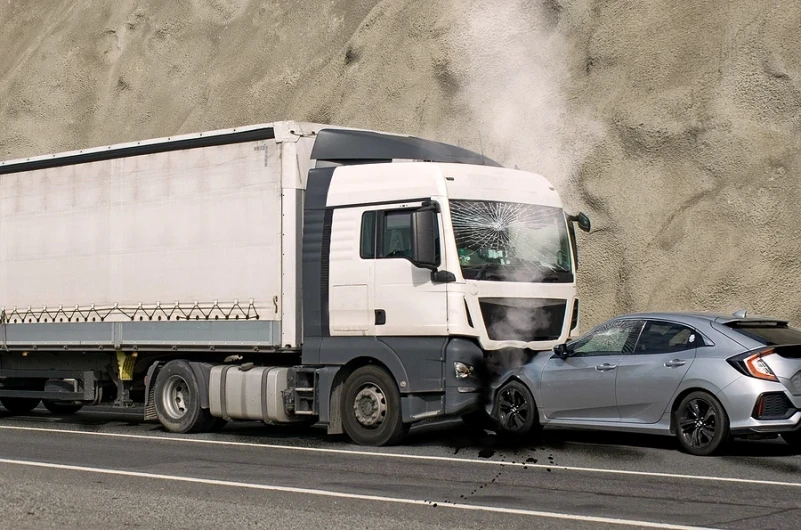How Comparative Negligence Laws Impact Truck Accidents Cases in South Carolina

Accidents involving commercial trucks can be devastating, often resulting in serious injuries and significant property damage. In the state of South Carolina, like in many other states, the laws governing negligence and fault play a crucial role in determining liability and compensation in truck accidents cases. One such law that significantly impacts truck accidents cases is the doctrine of comparative negligence. Understanding how comparative negligence laws work and their impact on truck accidents cases in, South Carolina is essential for anyone involved in such incidents.
What is Comparative Negligence?
Comparative negligence is a legal doctrine that determines how damages are apportioned in cases where both parties involved share some degree of fault for an accident. In states that follow comparative negligence laws, including South Carolina, each party’s percentage of fault is taken into account when calculating the amount of compensation they are entitled to receive.
How Comparative Negligence Works in South Carolina
In South Carolina, the comparative negligence rule is applied in cases where the plaintiff (the injured party) is found to be partially at fault for the accident. According to South Carolina’s comparative negligence law, if the plaintiff is less than 50% at fault for the accident, they may still be able to recover damages, but their compensation will be reduced by their percentage of fault.
For example, if a truck accidents case goes to court and the jury determines that the plaintiff is 20% at fault for the accident, their total compensation award will be reduced by 20% to reflect their degree of fault. However, if the plaintiff is found to be 50% or more at fault for the accident, they will be barred from recovering any damages under South Carolina’s modified comparative negligence rule.
Impact of Comparative Negligence on Truck Accidents Cases
Comparative negligence laws can have a significant impact on truck accidents cases in South Carolina. One of the key ways in which these laws affect such cases is in the determination of liability and fault. Truck accidents are often complex, involving multiple parties such as truck drivers, trucking companies, other motorists, and even government entities responsible for road maintenance.
In cases where the plaintiff is found to be partially at fault for the accident, comparative negligence laws can be used by the defense to argue that the plaintiff should bear a portion of the responsibility for their injuries. This can result in lower compensation awards for the plaintiff, even if the majority of fault lies with the other party.
Additionally, comparative negligence laws can impact the negotiation process in truck accidents cases. Insurance companies and defense attorneys may use the threat of comparative negligence to pressure plaintiffs into accepting lower settlement offers, knowing that their potential compensation could be reduced if the case goes to court.
Seeking Legal Representation in Truck Accidents Cases
Given the complexities of comparative negligence laws and their impact on truck accidents cases in South Carolina, it is crucial for anyone involved in such incidents to seek the guidance of an experienced personal injury attorney. A skilled attorney can help navigate the legal process, gather evidence to establish liability, and fight for fair compensation on behalf of the injured party.
If you have been injured in a truck accidents in South Carolina, and believe that comparative negligence may come into play, do not hesitate to reach out to a knowledgeable attorney who can assess your case and provide you with the legal representation you need to protect your rights and seek the compensation you deserve.
Conclusion
Understanding how comparative negligence laws work and their impact on truck accidents cases in South Carolina is essential for anyone involved in such incidents. By being aware of these laws and seeking legal representation from a skilled attorney, injured parties can navigate the complexities of the legal system and work towards obtaining fair compensation for their injuries and damages.
